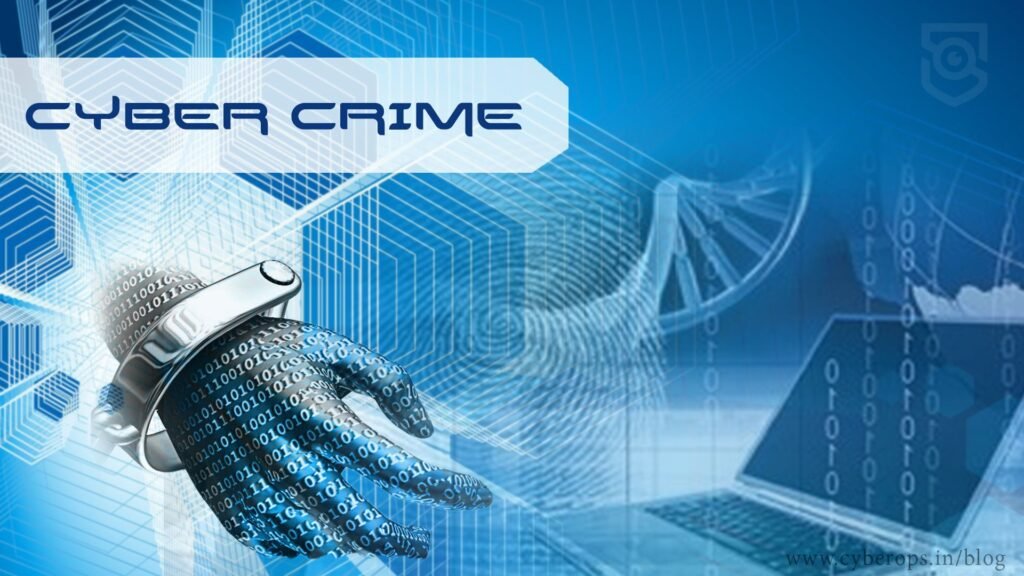LUSAKA, ZAMBIA — The United States embassy in Zambia has issued a warning to its citizens residing in or planning to visit the southern African nation, urging them to exercise caution regarding a newly enacted “intrusive” cyber-security law.
In a security alert, the embassy informed Americans about a new Zambian law that “requires the interception and surveillance of all electronic communications in the country.”
According to the embassy, this sweeping mandate encompasses calls, emails, text messages, and streamed content occurring “in-country to assess if they include any transmission of ‘critical information,’ a term the law defines so broadly that it could apply to almost any activity.”
The Zambian government has defended the legislation as necessary to combat online fraud, child pornography, and the dissemination of disinformation. Following the U.S. embassy’s alert, Zambia’s foreign ministry released a statement asserting that the new Cyber Security Act was “not intended to invade any person’s privacy” – be they Zambian citizens or foreign nationals.
The ministry’s statement further clarified that “The Law does not authorize mass or random surveillance. Any interception or data request requires a court-issued warrant.” It also stated that the “classification of ‘critical information'” pertained to national security, adding that “any assessments or actions taken are carried out by authorized institutions, in line with due process.”
Despite these assurances, concerns have arisen that the law could be exploited to target individuals critical of the government, particularly with national elections scheduled for the following year. Some Zambians have also voiced apprehension regarding the establishment of a new cyber-security unit within the president’s office.
Joan Chirwa, founder of the Free Press Initiative Zambia campaign group, described the law to the BBC as marking “it was a sad day for Zambia.” She expressed fears that the legislation wouldn’t “just affect journalists, or civil society organisations. It will affect everyone in Zambia”.
The new law grants law enforcement officers, upon obtaining a warrant, the authority to enter any premises to search and seize computers or computer systems containing material deemed as evidence of an offense or acquired as a result of an offense.
Furthermore, the legislation permits the government to extradite Zambians accused of committing any offense under the law, with penalties ranging from fines to imprisonment terms of five to fifteen years, depending on the specific crime.
Among its various provisions, the law mandates that Information and Communication Technology (ICT) companies proactively intercept all electronic communications within the country.
The Cyber Security Act was signed into law by President Hakainde Hichilema on April 8th with minimal public announcement. Many Zambians first became aware of its existence through the U.S. embassy’s alert posted on Facebook.
“As this new law introduces an intrusive surveillance ecosystem significantly different from privacy protection provisions that prevail in many countries, the embassy of the United States encourages Americans living in Zambia or considering visiting the country to carefully assess the implications of this law and adjust accordingly,” the U.S. embassy’s statement emphasized.
The alert has surprised many, given the widely perceived warm relationship between the U.S. and President Hichilema’s administration, although the U.S. ambassador has recently expressed criticism regarding alleged corruption within the government.
Previously, Zambia had experienced a strained relationship with the U.S. following the expulsion of its pro-gay rights ambassador Daniel Foote in 2019 under the former government. However, relations had improved since Hichilema’s election in 2021.
Social commentator and civil rights activist Laura Miti accused the U.S. embassy of “hypocrisy,” while also denouncing the new law as “tyrannical.”
“Until Edward Snowden revealed the matter, the US secretly surveilled its citizens for years. He remains in exile and one of the most wanted people by American law enforcement,” she wrote on Facebook. “That raises an eyebrow about this from the American embassy. Hypocritical really.”
However, she also strongly condemned the new Zambian legislation, stating, “This… is a very tyrannical law which the government only needs because it feels insecure.”
Notably, in 2021, while in opposition, President Hichilema himself opposed a similar law proposed by the former government, writing, “The Cyber Security and Crime Bill is not about preventing cyber-bullying. It is about clamping down on freedom of expression and spying on citizens.”
Opposition lawmaker Miles Sampa has accused President Hichilema of a policy reversal, stating on Facebook, “My question is when did you change this stance to now sign a law that almost 100% prohibits us citizens from expressing ourselves on Facebook, X, Instagram, TikTok, etc., without being jailed for 25 years or life imprisonment,” and further suggesting, “In the current state of the Cyber Laws that you have assented to, Mr President, you may as well also sign a martial law (State of Emergency) to discard democracy so we all stop talking and leave it to your good self to express alone.”

